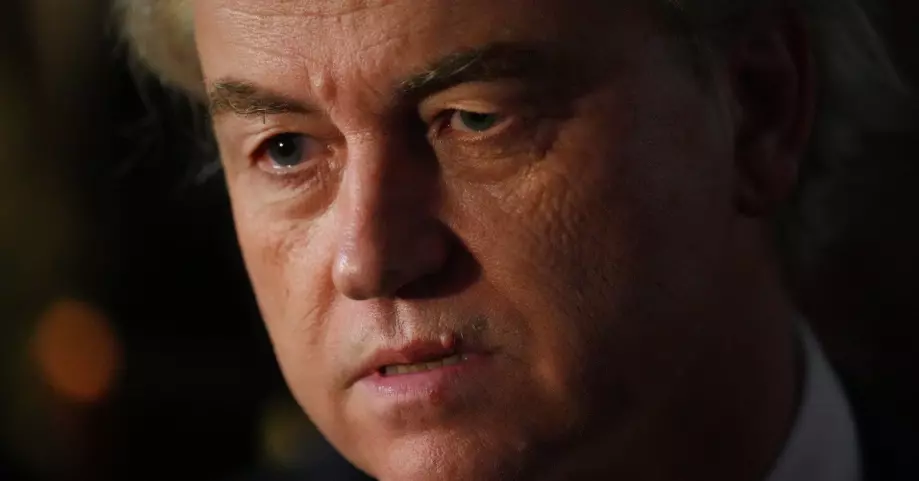Geert Wilders emerged as the winner in Wednesday’s elections in the Netherlands, and his victory could have profound effects for the European country.
His anti-Muslim, anti-Islamic, anti-European Union and Ukraine war skeptic manifesto won him 37 seats and made him the largest bloc in the House of Representatives, according to public broadcaster NOS. Wilders now begins his work to form a coalition government.
Who is Geert Wilders?
Wilders was born 60 years ago into a middle-class family in the city of Venlo, near the German border. “The Donald Trump of the Netherlands”, as he is known, became the most voted politician thanks to an effective election campaign in which he put the spotlight on migration and asylum policies, promising that the country “would be given back to the Dutch” and that “the tsunami of asylum and migration would be stopped”.
But this was not just a campaign slogan; Wilders has built his political career on the basis of Islamophobia and rejection of immigrants, particularly Moroccans, who represent a mere 5.5% of the country’s population. That vision, according to his biography, first emerged during the period of his life – between 1981 and 1983 – when he lived in Israel and traveled in the Middle East.
He had to wait until 1998 to enter parliament, and even a little longer, until 2000, before a wave of Islamophobia in the Netherlands gave him an ideal platform to spread his ideas. Wilders rose to greater popularity after the brutal murder by a religious fundamentalist of filmmaker Theo van Gogh, who had just shot a film critical of the role of women in Muslim society. The crime – dubbed “the Dutch 9/11” – shocked the country and opened a debate on the difficulties of integrating immigrants into society.
It was then, and with speeches in which he accused Islam of being “a fascist ideology”, that Wilders earned a place in the local extreme right. He went so far as to call for the banning of the Koran in the country, was denied entry to the United Kingdom for possible “threat to public order”, and has faced the courts on more than one occasion for incitement to hatred against Muslims.
In 2013, at the height of the Eurosceptic wave on the continent, Wilders announced an alliance with Marine Le Pen’s National Front party in France, to exploit what would be another axis of his political career: criticism of the European Union. Unlike his ally, at the time the proposals failed to garner too many votes among the Dutch.
However, the emergence and rise of Wilders coincides with a phenomenon of loss of confidence in the traditional parties, and the policies of integration and open borders no longer work for many of its citizens, who see that the state grants housing to immigrants arriving in the country, while the youth has to go through more and more difficulties to access it.
Wilders’ political triumph is part of a general rise of different expressions of the right, extreme right or center right in the country, which gives some clues as to the coalition to which he may appeal in the coming days.
The most obvious path to power would be a coalition with the third and fourth place parties -the VVD, with 24 seats, and the New Social Contract, with 20 seats-. The joint formula between the Greens and Socialists finished second in the elections, with 25 seats. However, there are no certainties as to how the agreements between the parties could be processed.
Meanwhile, Wilders seems to have moderated his discourse after the victory. He stated that he will not push for anti-Islamic measures, such as banning the Koran or Islamic schools, and that he will limit himself to complying with the constitution. As published by the public agency NOS, Wilders also spoke of the parties having to “jump over their own shadows” and try to find common ground on the way to forming a coalition government.

